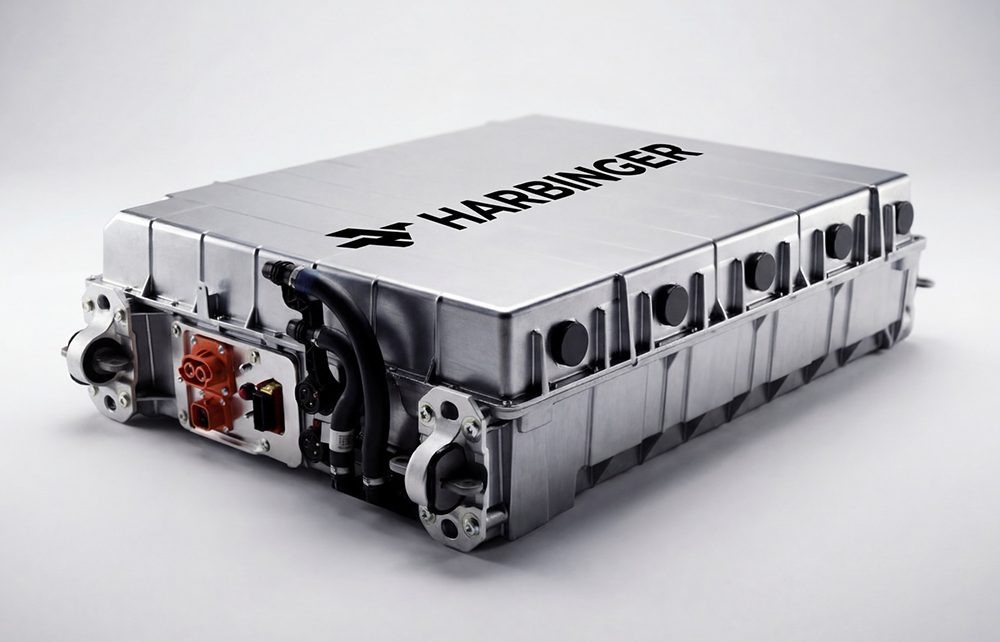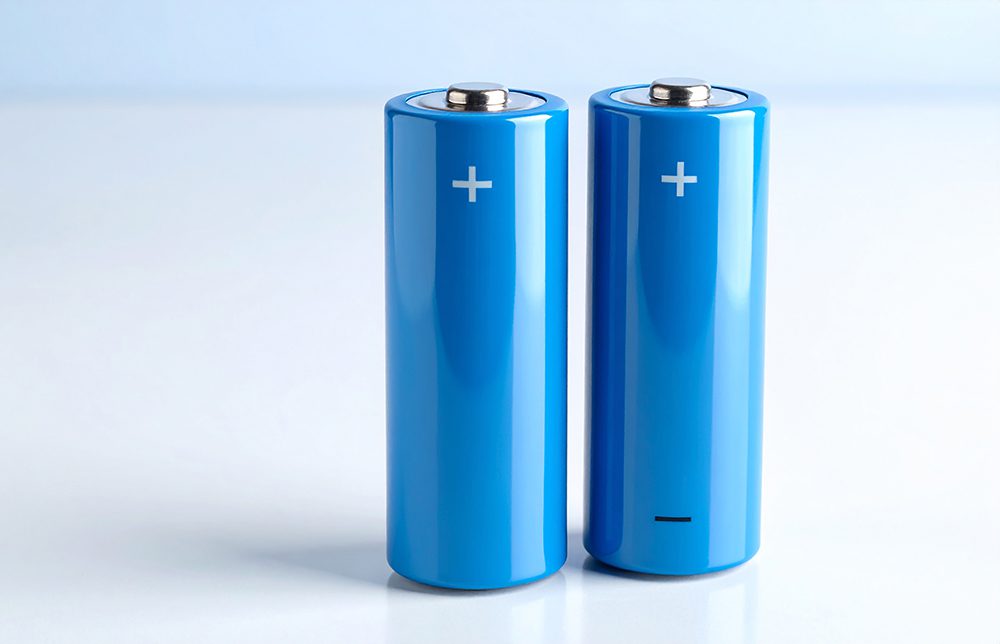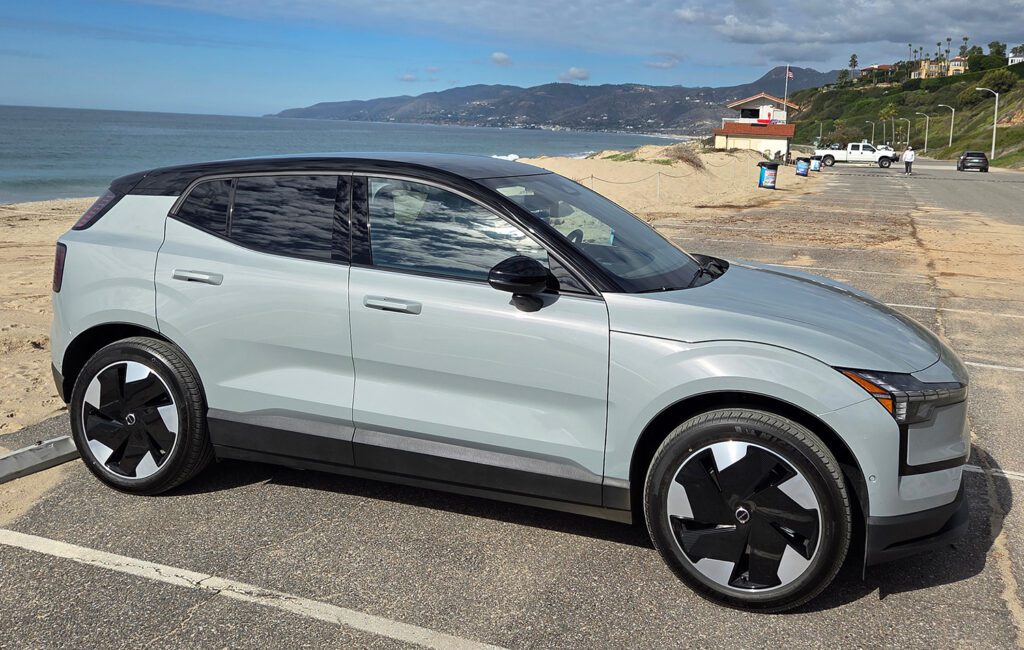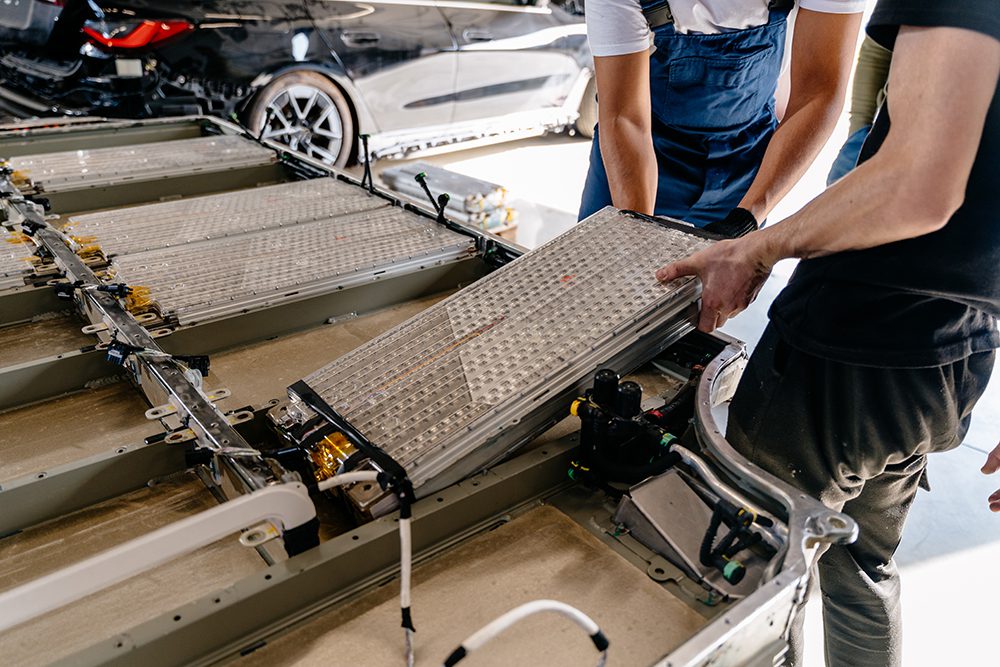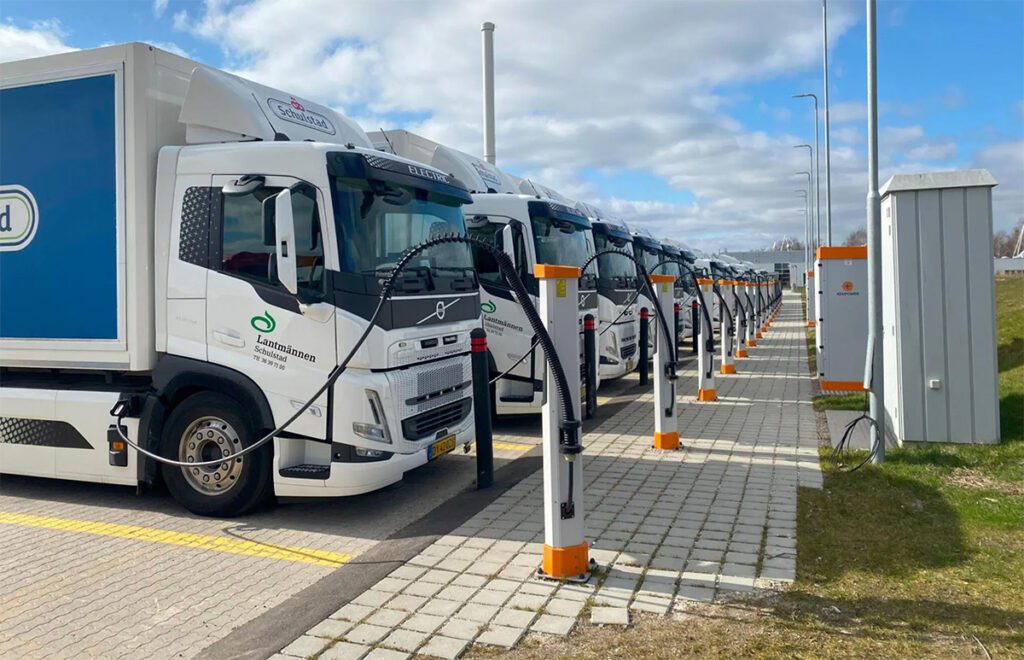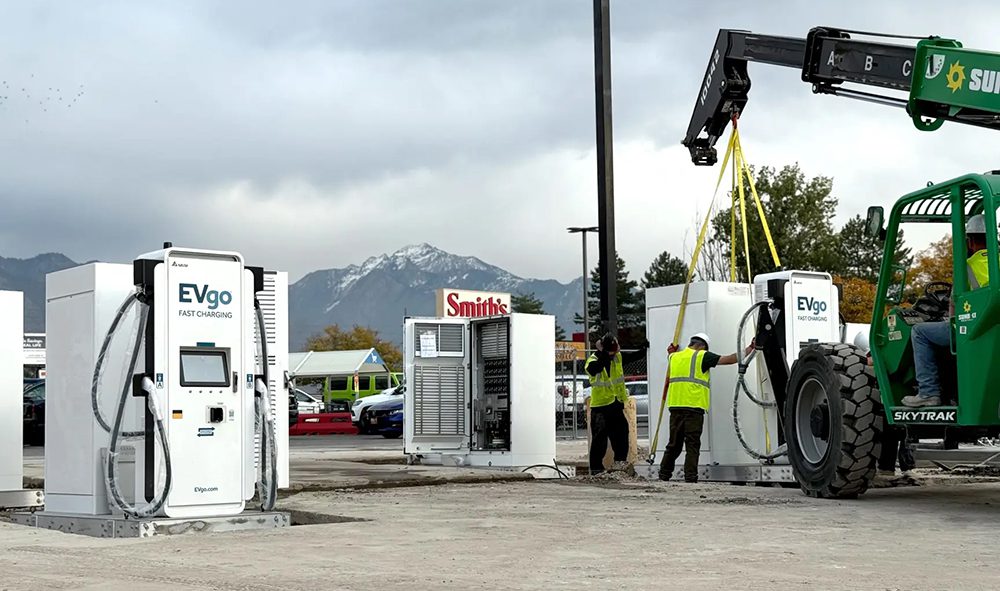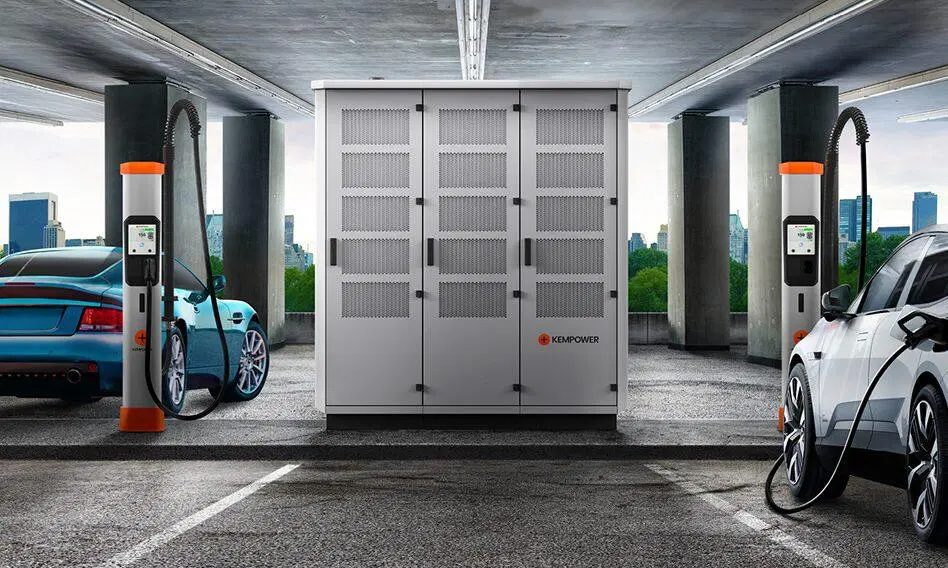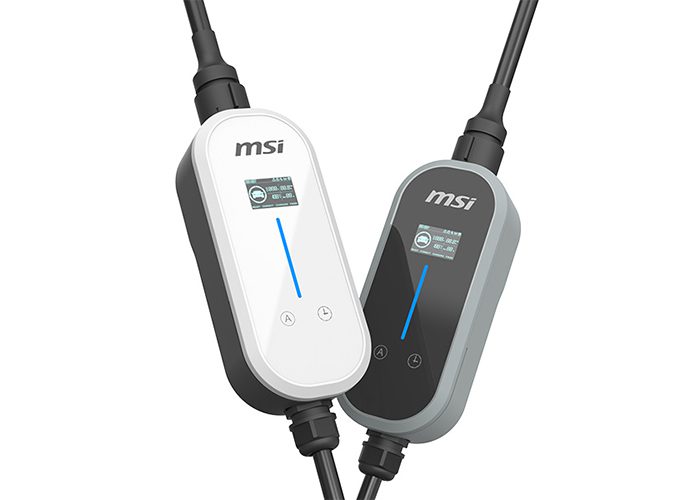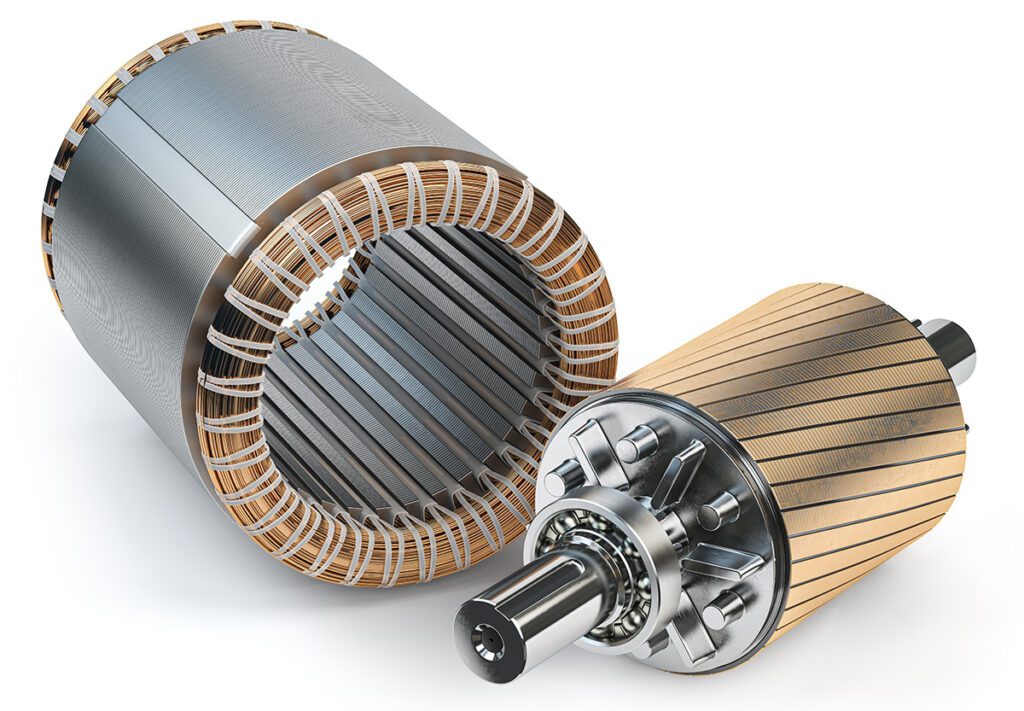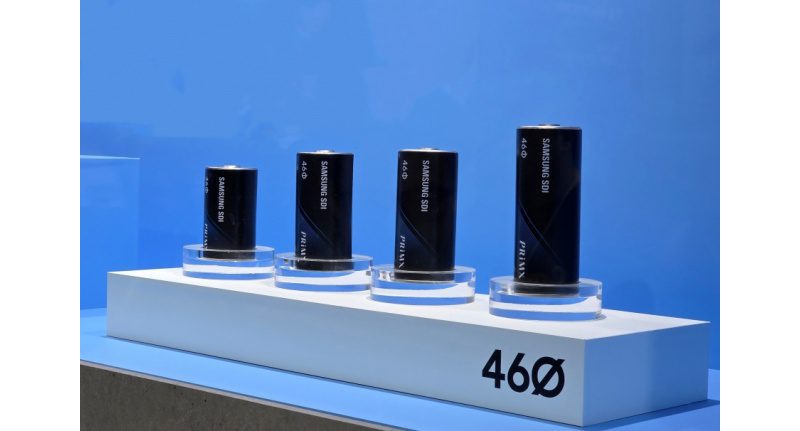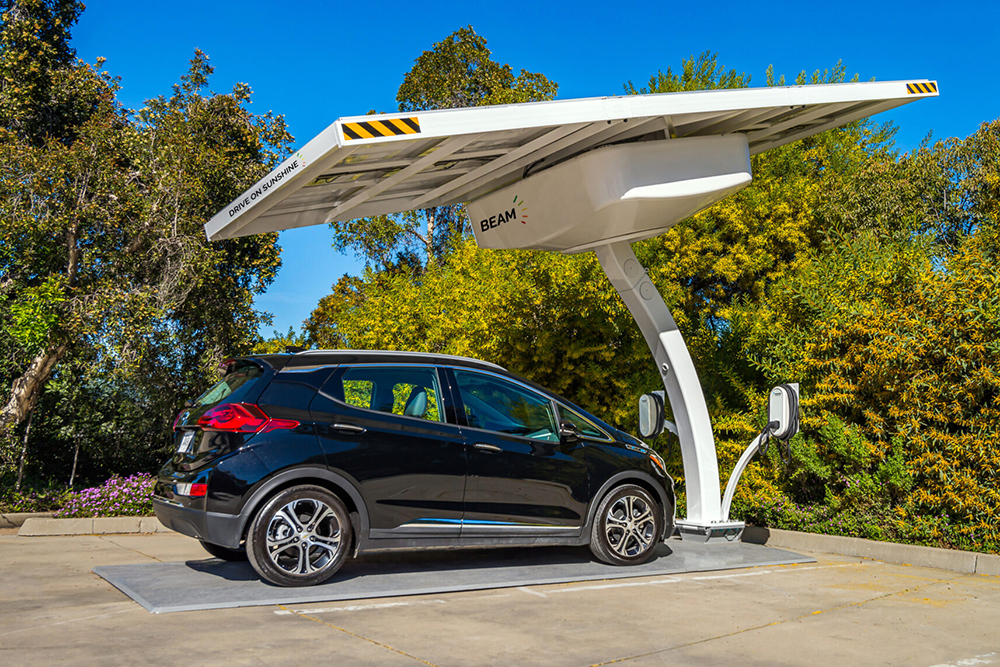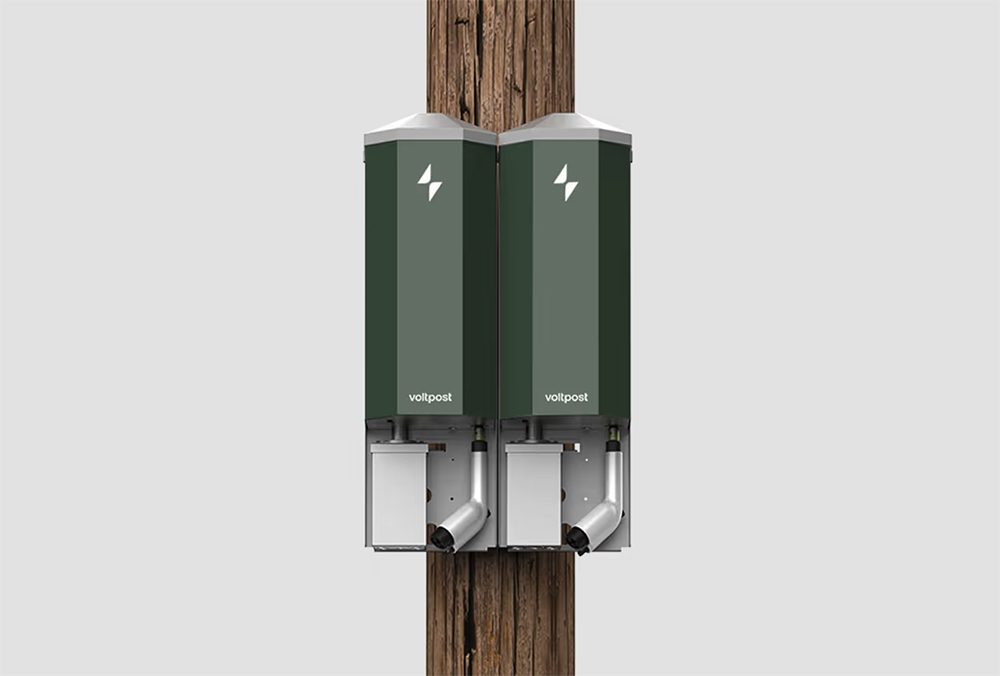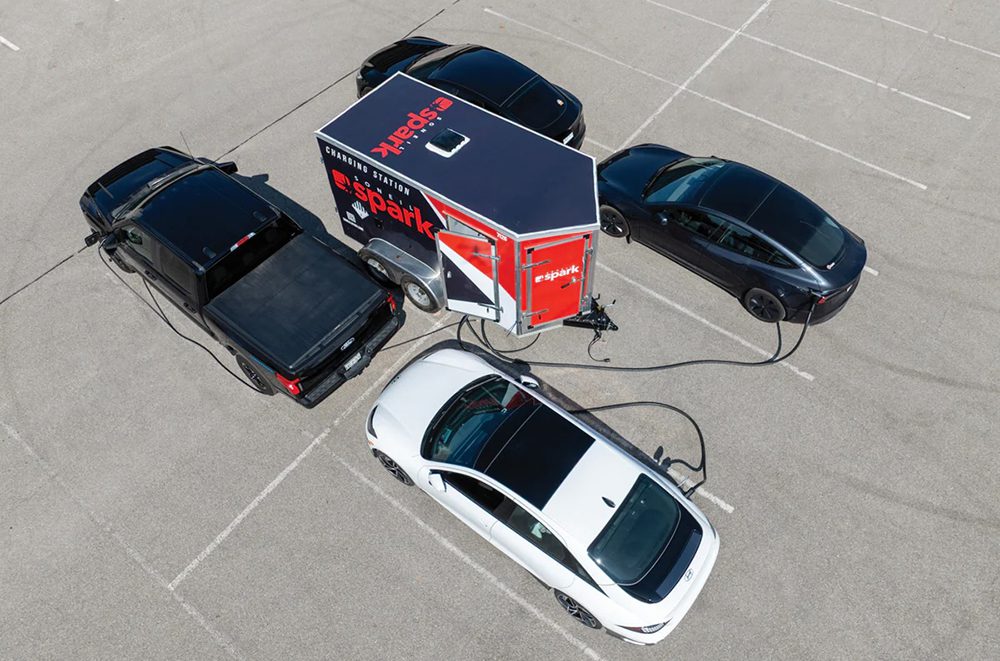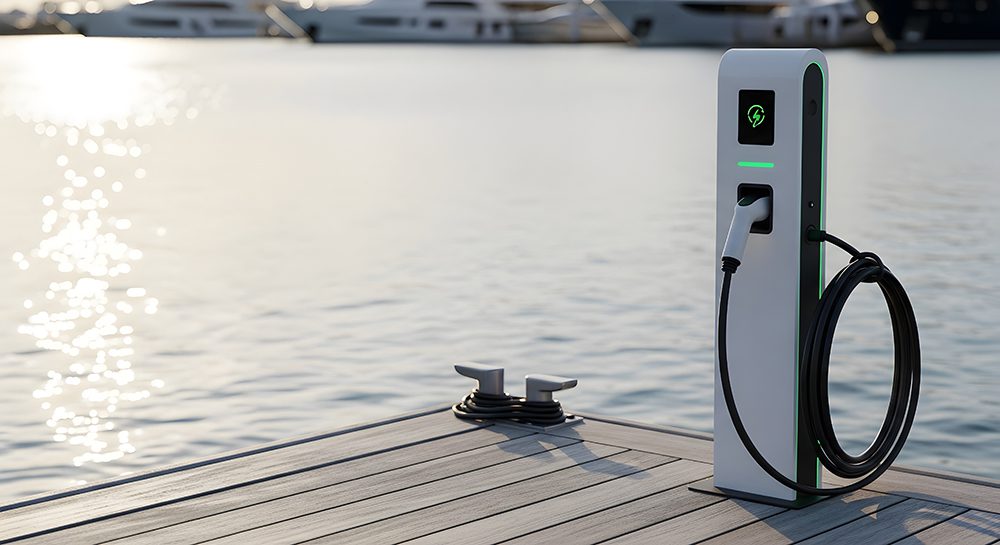The DOE’s Advanced Research Projects Agency-Energy (ARPA-E) has selected 19 new projects that will receive a total of $43 million to develop new energy storage technologies. The projects are supported through two new ARPA-E programs – Advanced Management and Protection of Energy Storage Devices (AMPED) and Small Business Innovation Research (SBIR) – and will focus on innovations in battery management and storage.
“This latest round of ARPA-E projects seek to address the remaining challenges in energy storage technologies, which could revolutionize the way Americans store and use energy in electric vehicles, the grid and beyond, while also potentially improving the access to energy for the US military at forward operating bases in remote areas,” said Secretary of Energy Steven Chu.
The AMPED program aims to develop advanced sensing and control technologies that could significantly improve both grid-scale and vehicle batteries. Unlike other DOE efforts to push the frontiers of battery chemistry, AMPED is focused on maximizing the potential of existing battery chemistries to help reduce costs and improve performance.
Some of the AMPED grant recipients:
- Palo Alto Research Center will develop new fiber optic sensors that are inserted into battery packs to monitor and measure batteries during charge and discharge cycles.
- Ford Motor Company and Arbin Instruments will develop a high-precision battery testing device to improve battery-life forecasting and validation.
- GE Global Research will develop thin-film sensors that enable real-time, two-dimensional mapping of temperature and surface pressure for each cell within a battery pack.
- Oak Ridge National Laboratory is developing a way to more effectively regulate destructive hotspots that develop during use. This improvement in transporting heat away from active materials in the battery is expected to increase the battery’s life and reduce the system cost associated with thermal management.
- Battelle Memorial Institute will develop an optical sensor to monitor the internal environment of a lithium-ion battery in real-time. This internal sensor will detect the magnitude and location of internal battery faults and other hazardous conditions that current battery sensor technologies fail to identify.
- Washington University in St. Louis will develop a predictive battery management system that uses innovative modeling software to optimize battery use. The system will predict optimal charge and discharge of the battery in real-time, enhancing battery performance and improving battery safety, charge-rate, and usable capacity.
- Det Norske Veritas will develop a gas monitoring system to provide early warning signals that a battery is operating in stressful conditions and at risk of premature failure. As batteries degrade, they emit measurable quantities of gas that can be mapped over the battery’s life time.
- Robert Bosch LLC will develop battery monitoring and control software to improve the energy utilization, reliability, and charge rate of EV batteries.
- Eaton Corporation is developing a power control system to optimize the operation of commercial-scale hybrid electric vehicles.
Some of the SBIR projects:
- Pellion Technologies, Inc. will develop a rechargeable battery for EVs that has the potential to travel three times the distance of today’s Li-ion car batteries. The batteries will be fabricated from abundant, low-cost metals that can be domestically sourced.
- Sila Nanotechnologies, Inc. will develop an EV battery that uses low cost nano-composite materials that could cut energy storage cost in half or more.
- Xilectric, Inc. will reinvent Thomas Edison’s battery chemistries for today’s EVs. This battery uses an innovative chemistry based on domestically available aluminum and magnesium and simple construction to increase performance and lower cost.
Image: Department of Energy































































